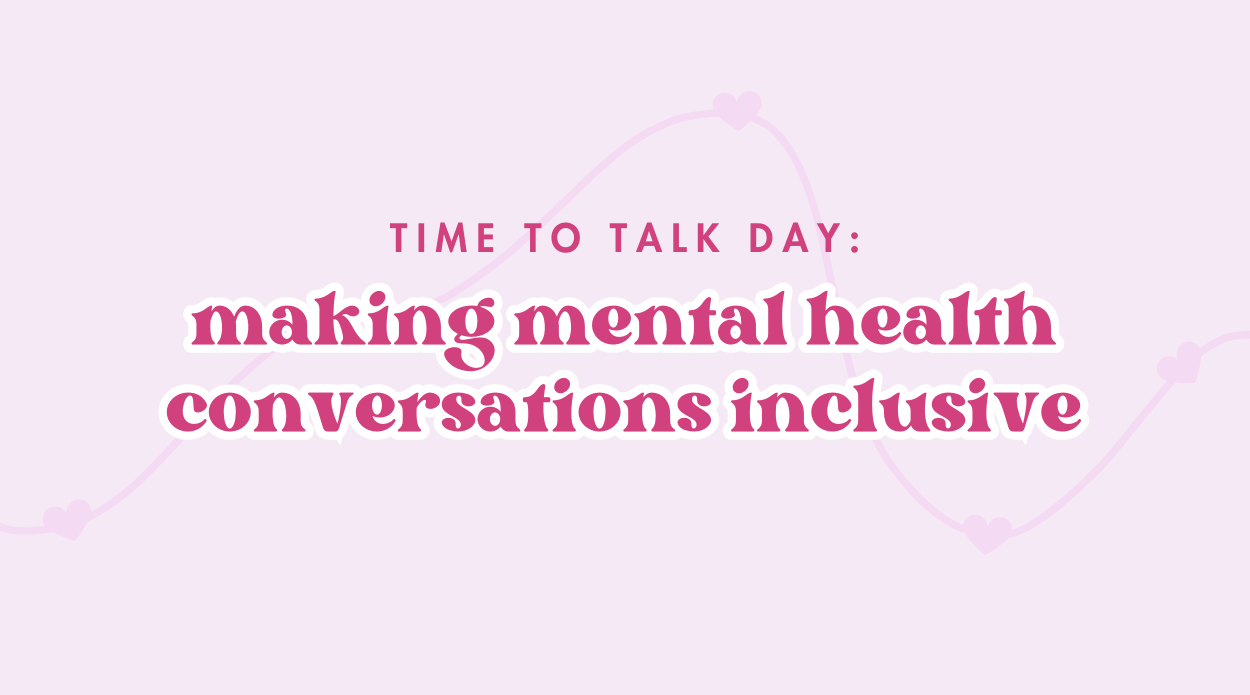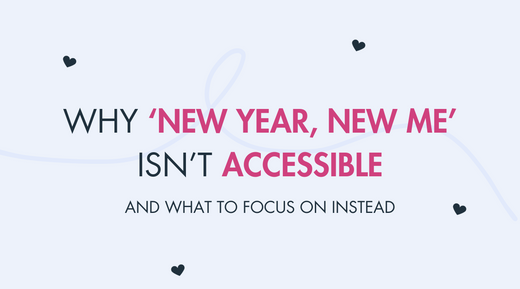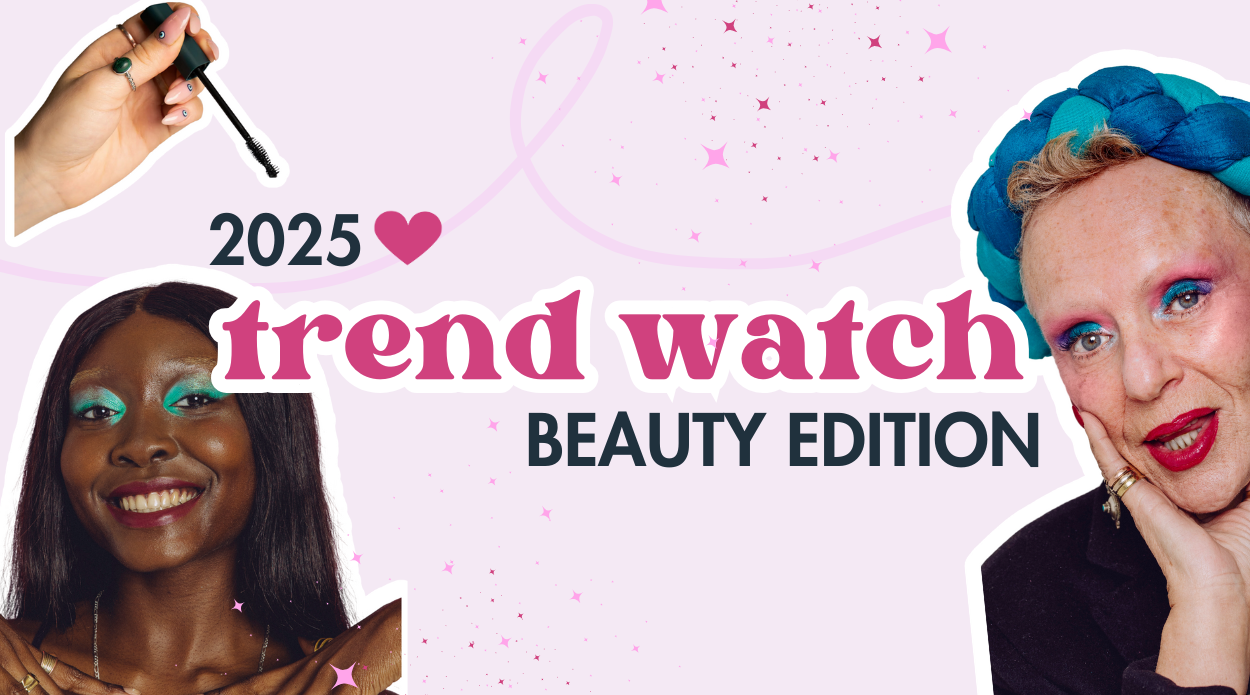As a makeup enthusiast and owner of the accessible beauty brand Human Beauty™, I was excited when I heard about L'Oréal's latest innovation: HAPTA, a lipstick applicator designed for people with limited arm or hand mobility in mind. The device assists with lipstick application by maintaining an upright position and compensating against any motion while the lipstick is applied. At first glance, it seems like a step in the right direction towards accessibility in the beauty industry.
However, when I heard about the retail price of £199, I couldn't help but feel disappointed. For comparison, the average cost of lipstick is around $15 to $30, which represents a price increase of over 600% for an accessibility tool that doesn't even include the Lancôme lipstick needed to function.

While L'Oréal has been praised for the launch of HAPTA, I have to wonder if the high price tag truly aligns with their supposed commitment to accessibility.
Accessibility isn't just about creating products that work for everyone; it's also about making those products accessible in terms of cost. Disabled individuals already face significant financial barriers in their daily lives, with a disability pay gap that sees them earning almost £2 per hour less than abled individuals. In addition to earning less, disabled people also have to cope with additional expenses to mitigate the impact of their disability. In my opinion, an important part of being accessible is ensuring that everyone can afford to use a product, and making a product that is out of the price range for the majority of a minority defeats the point of accessibility.
As someone who grew up with a rare disease called Cystinosis, makeup became a form of therapy for me through times of bad health. This ignited a passion within me to make sure that everyone, regardless of ability or circumstance, can experience the power of makeup. That's why I started Human Beauty™, with a message that "Perfect is boring... Human is beautiful."
While I appreciate L'Oréal's effort to create an accessible product, I believe that the future of accessibility isn't just about creating fancy tech devices; and there are other, more affordable ways to make makeup accessible for everyone. It's more about making smaller changes to existing products that make them accessible, rather than creating expensive devices that cost a lot of money. Additionally, it's worth noting that neither Loreal or Lancôme have any kind of accessibility widget or features on their website, not even on the HAPTA product page. This raises the question: did Loreal truly have accessibility for all in mind when creating this product, or was it simply a marketing ploy?
In conclusion, I believe that accessibility should be at the forefront of every brand's mission, and this includes making products that are affordable for everyone. As someone who is committed to accessibility and inclusivity in the beauty industry, I hope that L'Oréal and other brands will take note and make genuine efforts to make their products accessible to all.





